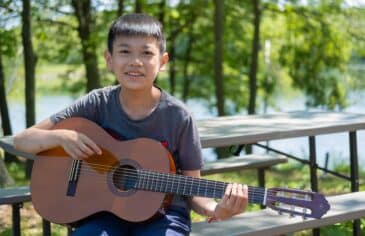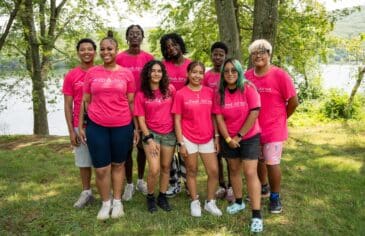How The Fresh Air Fund Recruits a Diverse Camp Staff
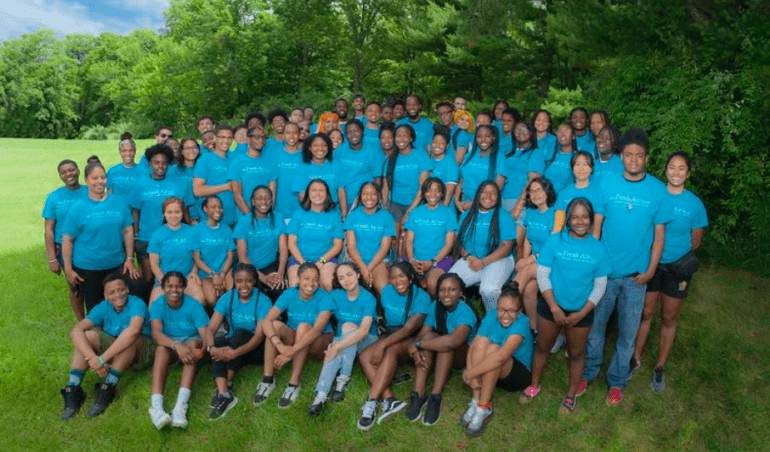
Fresh Air Fund children are very diverse – and The Fresh Air Fund prioritizes recruiting a diverse staff to serve as role models for campers. This past summer The Fresh Air Fund hired over 475 camp staff. Eighty-two were alumni of Fresh Air programs and 176 were International.
In October, Fresh Air Fund Deputy Director of Camping and Year-Round Programs Roberto Gil, Jr. and Camp Junior Assistant Director, Tutoring and High School Placement Coordinator and Fresh Air alum, Kayla Paulino, spoke at the National Summer Learning Association Conference, a three-day event focused on the impact of youth-oriented summer programs. The presentation focused on how The Fresh Air Fund recruits and retains a diverse staff, provides critical professional development opportunities and invests in leadership programs to cultivate staff from Fresh Air programs.
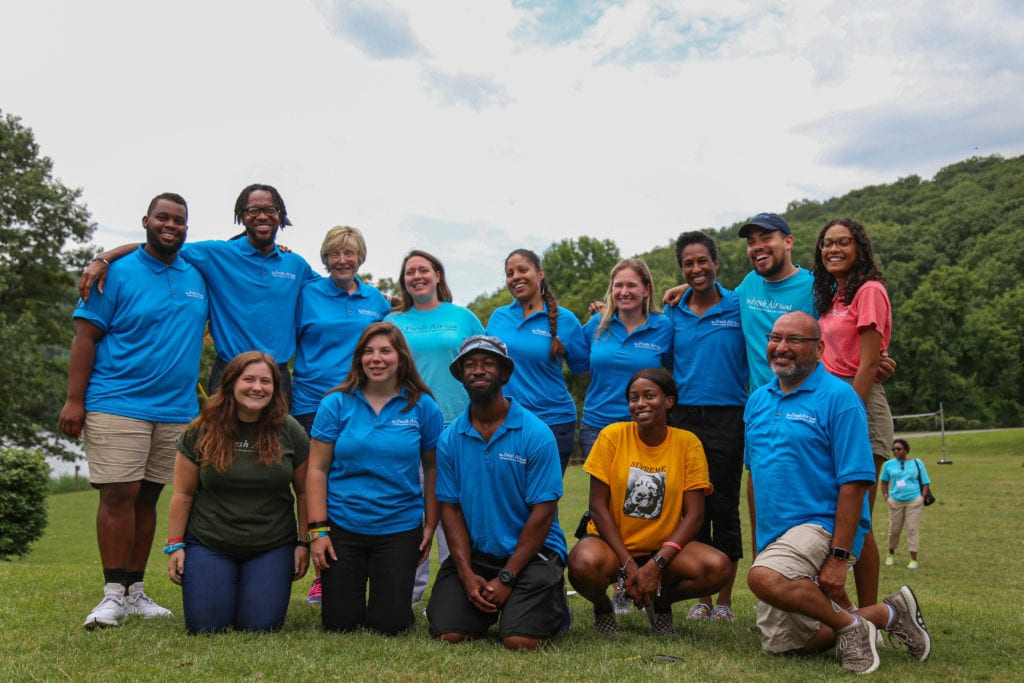
“We have the responsibility to ensure that we’re providing the best services to our young people, and for me, that means a couple of things,” Roberto says. “One, it means we have to make sure our staff are properly trained to deal with the myriad of issues that our kids come to camp with. We also need to ensure our staff reflects who the kids are. Part of the power of diversity at camp is that campers get to see a diverse staff work together and be a team of successful professionals by working together.”
That’s key, Roberto says, because The Fresh Air Fund aims to recruit staff from within. Thousands of New York City youth participate in summer programming at The Fresh Air Fund’s six overnight camps each year, and many also participate in year-round educational and leadership initiatives. Each year, about 17% of those alumni – like Kayla – come back as staff.
“We definitely have a very clear leadership pipeline,” Roberto says. “As our older campers age out of the traditional camp program, they have the opportunity to get involved in our Teen Leadership Program and our Counselor-in-Training (CIT) program. Our goal is to help build our young people up, and develop their skills, so that when they’re 18, and in college, they’re prepared to be counselors.”
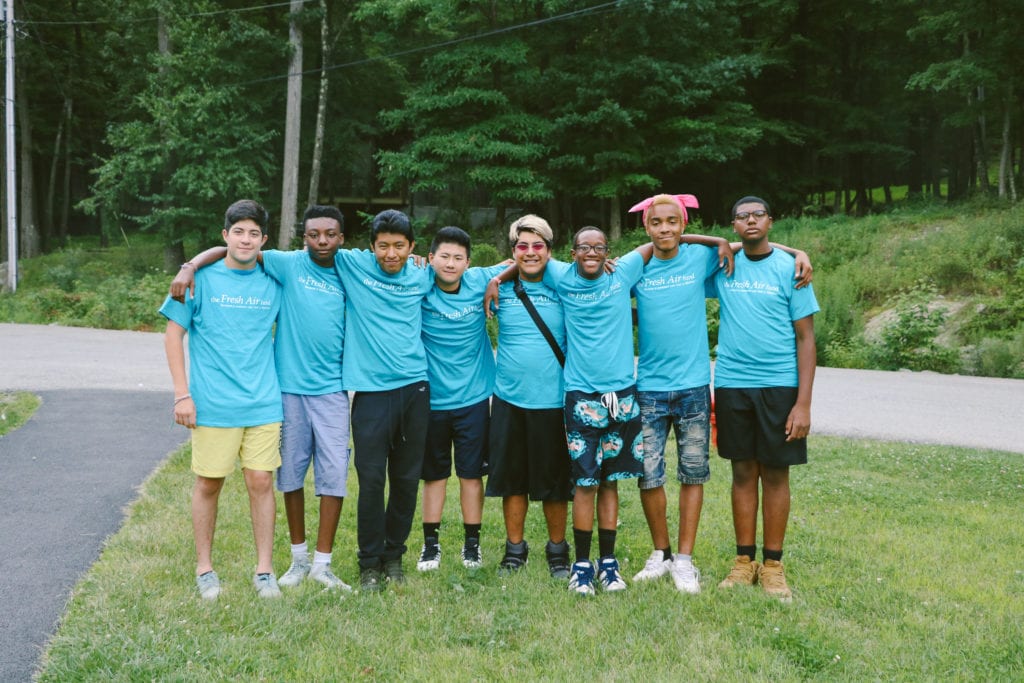
“My story is a perfect example,” Roberto says. In 1992, while he was attending college at the University of Texas, he met a Fresh Air Fund staff member at a job fair on campus. “It was literally across from my class ” he says. “And I remember the pictures of kids in the recruitment brochure being of kids who looked like me. We ended up having a conversation but I didn’t think they’d hire me because I didn’t have much experience working with kids and I wasn’t an education major. But I was hired and it changed my life, and here I am back at The Fresh Air Fund many years later.”
Roberto, like a lot of other Fresh Air Fund camp counselors and staffers, came back to camp year after year – in his case, he returned for more than ten years.
The Fresh Air Fund has started to very intentionally create pathways to leadership opportunities for campers, and it’s begun to provide more leadership training and professional development opportunities for young staff members as well. The Leaders Project was established to provide a selective cohort of camp staff with specialized training in youth development and communication practices, ultimately with the goal of supporting them on their professional journey at The Fresh Air Fund and beyond.
“We knew we had a group of staff members that returned every summer, many of them alumni of Fresh Air programs” Roberto says. “And we asked the question: ‘What are we doing to help develop them into professionals?’”
Roberto serves on the national board of the American Camp Association, and while he says summer camp programs across the country do well recruiting young people of color in entry-level positions, that population doesn’t extend into higher leadership.
“Part of the intent of this project is to develop young people who are our kids,” Roberto says, who are largely youth of color. “The Leaders Project is really helping to develop them into potential youth development leaders across the city. And I think after that, it’s providing them with the mentoring and individual support that each of them needs as they continue to grow.”
“It’s exciting,” Roberto says, “because we start working with our campers at 8, 9, 10 years old, and then they become part of our teen leadership programs, and move on to be a CIT or junior counselor. After working on our staff for a couple years, as staff enter the next stage in their career, that’s where the Leaders Project steps in and really helps them go to the next level. We are working with kids for 10 to 15 years and continuing to work with them as young adults and young professionals.”
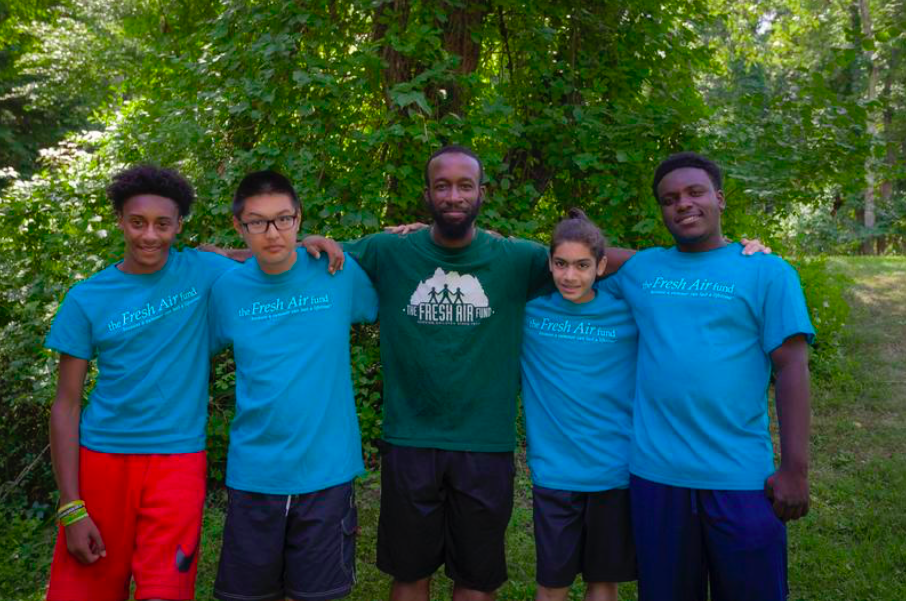
And, Roberto says, leadership development and recruiting a diverse staff will help The Fresh Air Fund continue to thrive.
“It’s important that different voices are heard as we plan, develop and grow programs,” he says, “that it’s not just the same homogenous voice that you’re hearing, that there’s representation at the table. As nonprofits, we often serve the people who live in the margins. The margins of the margins. And those populations generally don’t have a voice at the table. It’s important to make sure that we help our campers develop their own voice.”
Read more about The Fresh Air Fund’s leadership development and recruitment efforts in “How One OST Organization Recruits, Retains Staff” in Youth Today.
With your support, our Fresh Air Fund campers will become The Fresh Air Fund’s future leaders. Donate today.


